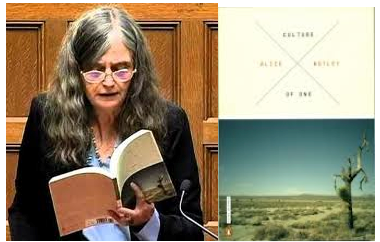
Laynie Browne
The poet's novel
Laynie Browne
Habitable sentences of the poet's novel
March 22, 2013
A conversation with Alice Notley on the poet's novel
March 15, 2013
The poet's novel: An oxymoron
March 8, 2013
The poet's novel
March 1, 2013




